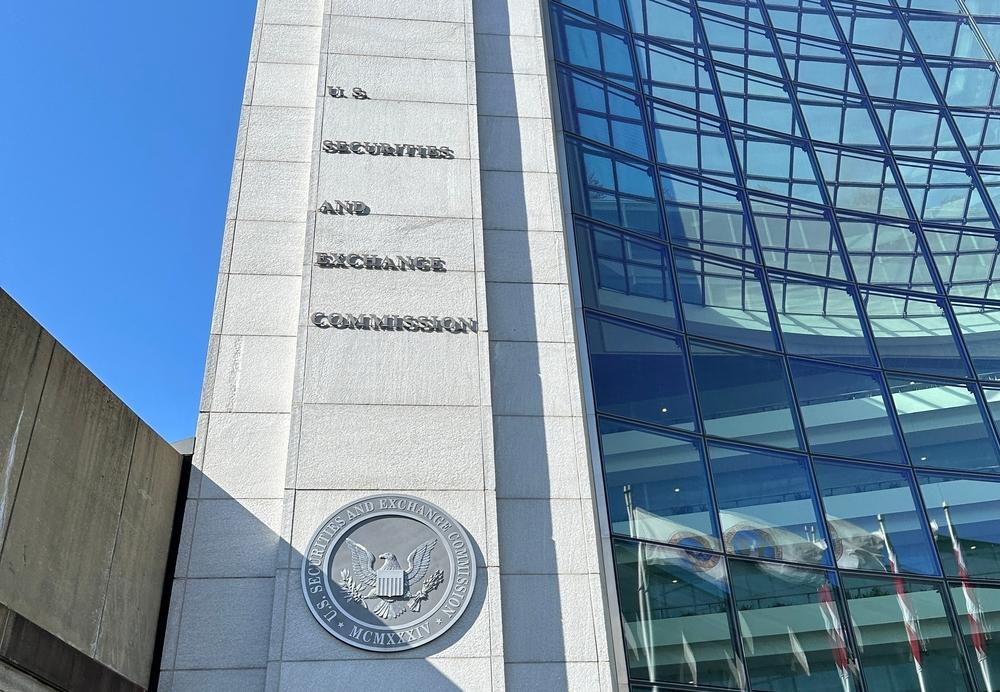The United States Securities and Exchange Commission (SEC) has stopped an ongoing cryptocurrency Ponzi scheme that embezzled an estimated $30 million, the regulator confirmed in its press release on May 21.
The Commission has obtained a court order against Argyle Coin, LLC, and its principal Jose Angel Aman for luring investors and misusing their funds for his alleged diamond resale outfit.
According to the complaint, Argyle Coin used the funds of new investors to pay previous investors. The scheme, which started since May 2014, is described as “a continuation of a scheme Arman orchestrated with two other companies he owns, Natural Diamonds Investment Co. and Eagle Financial Diamond Group Inc.” Aman allegedly conducted unregistered offerings of the two companies’ securities, promising investors huge returns by reselling wholesale diamonds.
In 2017, Aman enticed investors to put their money in Argyle Coin, claiming it had the full backing of “fancy-colored diamonds.” He also promised investors the funds will be used to develop its cryptocurrency business.
However, the complaint stated that Aman, Natural Diamonds, Eagle, and Argyle Coin “misused or misappropriated more than $10 million of investor funds to pay other investors their purported returns and for Aman’s personal expenses.”
“As alleged, Aman operated a complicated web of fraudulent companies in an effort to continually loot retail investors and perpetuate the Ponzi scheme as well as divert money to himself,” Eric I. Bustillo, Director of the SEC’s Miami Regional Office, said, adding that they will serve justice to the affected investors.
Aman and his firms Natural Diamonds Investment Co. and Eagle Financial Diamond Group Inc. together with Harold Seigel and Jonathan Seigel were named in the indictment. Over 300 investors in the USA and Canada were involved in Argyle Coin alone.
Just last month, the US SEC has published regulatory guidance to help token issuers if their cryptocurrencies comply with federal securities law. The regulation provides a framework to determine if a certain digital asset qualifies as one particular security type, which is an “investment contract.”

























Comment 0